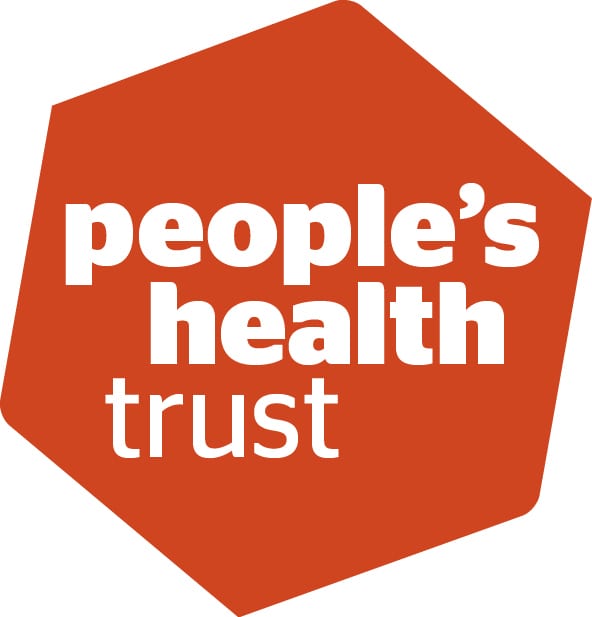
The UK has now passed a horrifying marker of the pandemic: 100,000 deaths. Every life lost has a truly devastating impact on the surrounding community and, over the past year, communities across the UK have had to endure this suffering time and time again. As we continue to face the detrimental impacts of COVID-19 and move forward from the pandemic, we must remember the lessons learnt and tackle the root causes of health inequalities.
Going into the pandemic the UK was the second most unequal country in Europe. According to the Marmot Review: 10 Years On, people in England can now expect to spend more of their lives in poor health than they could in 2010, improvements to life expectancy have stalled for the first time in a century and even declined for the most disadvantaged women and, the health gap has grown between wealthy and disadvantaged areas. [1]
COVID-19 has exposed how the long-standing social and economic health of a community directly impacts their exposure to health issues. We know that people experiencing disadvantage have higher diagnosis rates and death rates of COVID-19 than those living with greater wealth. We also know that death rates from COVID-19 were highest among people of Black Asian and minoritised ethnic groups; groups which have also historically faced more severe social and economic inequalities. [2]
The COVID-19 pandemic has also exacerbated inequalities. A recent survey of our funded partners in the Active Communities programme suggested that this was the case, and highlighted mental health and financial concerns as particular issues. [3]
People’s Health Trust have worked with funded partners across Great Britain for 10 years to tackle the root causes of health inequalities through addressing the social determinants of health which include social connections; individual and collective control; our surroundings; jobs and income; local economies; housing and education and skills.
Our funded partners have worked throughout the past year to build on the established social connections within their community and offer mutual support. These social connections are an important foundation for establishing positive changes in health and wellbeing and allow individuals the space and confidence to learn new skills and pursue change in their community. However, it is important that communities have individual and collective control over the change they create.
There is a strong body of evidence which demonstrates that people and communities need to have greater power over the decisions and actions that affect their lives in order for their health to improve. During the pandemic and moving forward, those with the power to change must share this control with those with lived experience, to understand what is needed to establish greater health and wellbeing within their neighbourhoods.
Our surroundings, access to secure and well-paid employment, suitable and affordable housing and good education are also necessary if we are to tackle existing health inequalities and protect residents experiencing disadvantage from any future health pandemics.
Our funded partners in the Local Conversations programme have demonstrated that communities have the drive and skills necessary to pave the way to addressing health inequalities. In our latest report around 80% of lead organisations reported attempts to influence those with power locally, including local councillors, local members of parliament (MPs), decision makers in the NHS, housing associations, the city council, and social service groups. [4]
The UK has, unfortunately, been put to the test over the past year and the news that we have surpassed 100,000 deaths today demonstrates that we cannot wait any longer for change. Those in positions of power must recognise the work of local communities in identifying the best ways of addressing the socio-economic reasons for ill-health and early death.
[1]Health equity in England: The Marmot Review 10 Years On, Institute for Health Equity, The Health Foundation (2020)
[2]Updating ethnic contrasts in deaths involving the coronavirus (COVID-19), England and Wales: deaths occurring 2 March to 28 July 2020, Office for National Statistics (2020)
[3]Working alongside local communities responding to COVID-19, People’s Health Trust (2020)
[4]Local Conversations Programme Evaluation 2020, New Economics Foundation, People’s Health Trust (2020)
